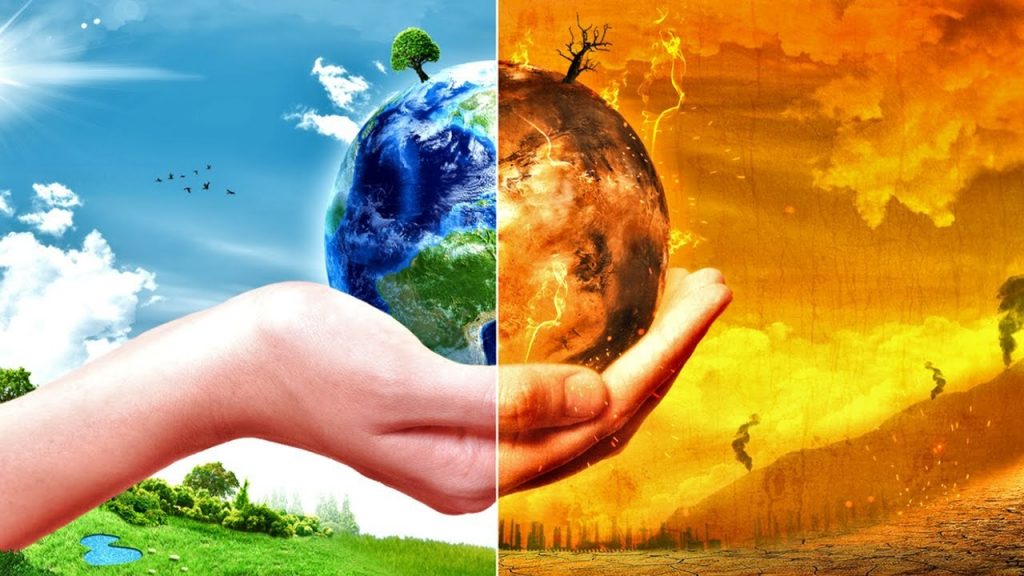
The failure of the Madrid climate negotiations, the Cop25, was not really unexpected. Even today, very few people, be they politicians or citizens, understand the risks of what’s happening, and those who do are accused of “alarmism”. But how long can we carry on as if nothing is happening? What do we risk if we do nothing?
The answer is that we risk much more than we can afford. Many studies tell us this, among others also a recent article published in Nature titled “Climate tipping points — too risky to bet against.” Even without going into the details, the title is clear enough to understand that the matter is becoming dramatic. But why so much concern among scientists?
We can summarize the problem in one short sentence: the Earth’s climate is unstable. It is something that is emerging with ever greater force from all studies in climate science. Of course, the fact that the climate always changes is a favorite argument of those who deny climate science. Their reasoning is: “the climate has always changed, therefore man has nothing to do with it.” Wrong, very wrong: what we learn from past climate changes is instead that the Earth’s climate changes easily and, therefore, is not so difficult to change it. And that’s where the risk is.
Today the climate seems stable to us because human civilization has developed over a period of about 10,000 years of modest changes in temperature. Some people enjoy speculating about these small variations, for instance discussing how Hannibal’s elephants could cross the Alps. Maybe, at the time, it was a bit warmer than today, but they must have had quite some problems with freezing trunks.
But, if we go further back in time, we see that the Earth’s climate has seen real, strong, and dramatic changes. In the past, over a span of about a million years, our planet has seen episodes of intense glaciation interspersed with relatively warm periods, such as the one we live in today. In the more distant past, the Earth saw much more radical and catastrophic changes.
To push the Earth from a glacial period to an interglacial one does not take much: small perturbations are enough, the so-called “Milankovitch cycles”, related to asymmetries of the movement of the earth around the sun. But what humans are causing with their greenhouse gas emissions and other factors is a much stronger perturbation that drives us to a warmer, much warmer, planet.
What could happen then? There is talk of temperatures high enough to destabilize the ice caps at the poles and make them disappear. It would not be the first time that the Earth has no ice at the poles, on the contrary, it is a condition that has occurred commonly in the distant past. But, if the biosphere can live even without ice, our civilization has developed with icecaps at the poles, in climatic conditions that have made possible agriculture, trade, maritime transport, and more.
To create enormous damage to us, we don’t even need that the icecaps disappear completely. It is enough to lose an important fraction of the ice to change everything: the sea level would rise to submerge existing ports, then we would see acidification and oceanic anoxia, desertification, mass extinctions and a few more effects that would imperil the survival of human civilization difficult, if not actually of our species.
This is the reason for the great concern: it is not so much the fact that the temperature increases, it is that we face the risk of jumping sharply from one climatic state to another without knowing where we will end up. However, we continue to discuss without taking action: few realize that we risk much more than we can afford.
Ugo Bardi teaches physical chemistry at the University of Florence, in Italy and he is also a member of the Club of Rome. He is interested in resource depletion, system dynamics modeling, climate science and renewable energy. Contact: ugo.bardi(whirlything)unifi.it
SIGN UP FOR COUNTERCURRENTS DAILY NEWS LETTER










































